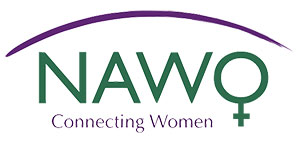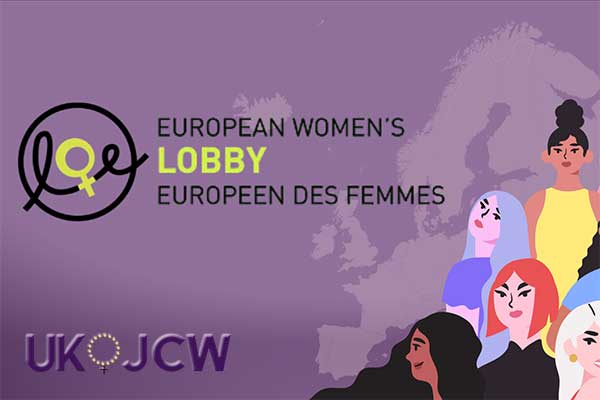
“Compulsory Quotas for Women”- A Summary
We’ve just come back from a fascinating- and at times heated debate- about whether women should be given a helping hand in to the boardroom via Compulsory Quotas.
The debate was moderated by Andrew Hill of the Financial Times, with contributions to the panel coming from Mary Honeyball, MEP (London, Labour), Marina Yannakoudakis MEP (London, Conservative), Helena Morrissey, CEO of Newton Investment and founder of the 30% Club, and Peter Sørlien, Mission of Norway to Europe.
At present, female representation in the boardroom is suffering. Only 17.3% of FTSE 100 board members are women and only 11.3% are women in the FTSE 250. Not only this, but despite the fact that 60% of new university graduates are now women, men occupy over 75% of board room seats. What can, or should be done to prevent this type of discrimination? How can we bring more capable and educated women in to executive positions inEurope’s leading companies? Should the EU legislate compulsory gender quotas in the boardroom?
There is only one country in the world that fulfils the ideal minimum quota of 40% women in boardrooms;Norway. Norway is recognised world-wide for its advanced stance on gender equality. They introduced a mandatory gender quota in 2003 where the then status of women in the boardroom was below 10%. During the years 2002-2009 the percentage of women in the boardroom increased to the desired 40%. This is seen as not only a great moment for gender equality, but also as a means through which to adapt to a changing market and look towards a future of inclusion. If companies fail to comply with the required 40% of either men or 40% of women in the boardroom, then under Norwegian law they can be dissolved. However, there has been debate over the success ofNorway’s compulsory quota on women. Company performance was seen as the same and there is grumbling amongst some about the dictatorial style of who can and cannot be employed.
According to Mary Honeyball, MEP, compulsory quotas are a “basic question of equality”. She believes that voluntary schemes as proposed by Mrs Reading will not incite progress quickly enough. The government is aiming to have 25% of women on executive boards by 2015, but Ms Honeyball asks, why are we striving for 25%? Why are we not striving for 40, or preferably, 50%? In contrast toNorway’s model, she states that executive boards with more women on actually excel. Studies show that a company with more women can expect 42% more sales and 53% more return on equity. This view was reflected by Maria Yannakoudakis, MEP who opined that we need greater diversity in age, sex, sexual orientation and ethnic background in executive boards, stating that businesses must be flexible in order to move with modernity.
Helena Morrisey, inventor of the 30% Club, although wanting “real change, not just the illusion of change”, is against compulsory quotas. She believes that voluntary methods are the best, as they are more organic and less dictatorial. She stated that the past 2 businessmen who have joined up to the 30% Club approached her herself, as they are “looking to the future, not to the past”. The status of women in the boardroom, she argued, has actually been improving. Thanks to cross party political support and the financial crisis, questions have been raised about the effectiveness of traditional male-dominated boards. She went on to argue that emphasis must be on building experience for women to help them become CEOs as it takes years to build up the experience and expertise needed to become one.
The discussion was then taken to The Floor. We discussed issues such as the European Women’s Lobby, the appearance of, yet lack of change, and cultural oppression. Lots of people questioned why there is the insistence on 30% or 40% inclusion- why not 50%? The event finished with Annette Lawson, NAWO’s Chair, reminding the discussion that there are other very serious societal instances of sexism that occur every day in women’s lives, not in just the lives of wealthy, well-educated women who aim to get in to the boardroom.
RW




